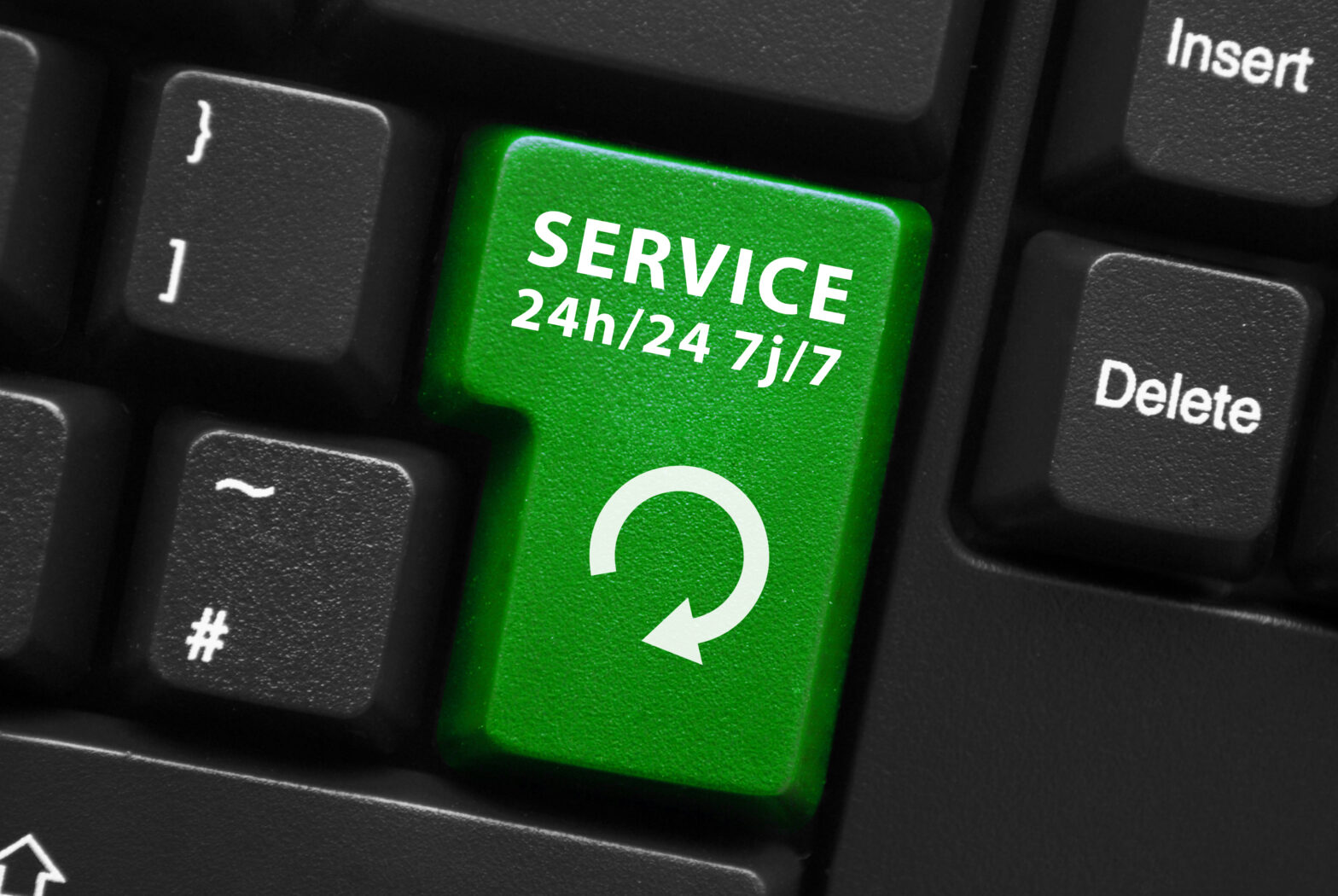We live in a world more connected than ever before, thanks to the progression of technology. With the popularity of social media, smartphones and tablets, we are able to stay in touch with pretty much anyone in the world at the click of a button, and that is truly a marvel.
However, this has greatly shifted the landscape of the working environment. With everyone pretty much contactable at almost any time during the day, the advocacy of ‘being on email’ outside of working hours has become the norm in recent times. In fact, the latest data from CV-Library has found that almost half (48.4 per cent) of UK workers work longer than their contracted hours, with just under a third of them (31.5 per cent) working 5+ extra hours a week – an extra hour a day on the standard 9-5 office job.
Technology clearly plays a huge role in the ability to work outside of traditional office hours, with the ability to log in to work emails, take calls and action tasks from home. But what does this mean for a healthy work-life balance? Is the onrush of technology improving productivity, or having a negative effect on professionals?
Always connected
There is an obvious benefit to all of these technological updates, your employees are always able to stay connected to their work. In the modern day this ability is key to companies in times of crisis; the ability to operate reactively is paramount in an age where social media has conditioned consumers to expect immediate information and updates.
With employees able to access work emails and contact colleagues outside of office hours, your workforce it able to respond to any situation at any time. The developments to mobile phone technology means that work emails can be accessed from pretty much anywhere at any time, which means passing along critical information is easier than ever before.
With this in mind, answering emails and calls outside of the office can have a huge benefit to your company’s mobility in a global market that is constantly shifting. By having a workforce that can effectively react to any disruption or crisis, you’ll be able to keep your company ahead of the competition and capitalise on any changes that may occur.
Alongside this, the ability to work anywhere with a Wi-Fi connection means that employees are able to work more flexibly than previous generations. For forward-thinking companies, this means that employees are able to work daily patterns that suit their own needs.
Much-needed downtime
While the chance for flexibility is apparent with technology, it doesn’t always work out that way. As previously noted, a sizeable amount of the UK workforce are taking on additional worktime outside of their contracted hours. While technology can gesture towards flexible working patterns, that doesn’t seem to be the situation in a prevailing number of cases.
Instead of improving the work-life balance, the impact of technology in the workplace is clearly having a negative influence on employees. With the ability to always be ‘on call’ and available to take emails, comes the added stress of never really being able to switch off from work. Work has the potential to sit in the back of an employee’s mind perpetually, even long after they have left the office and should be enjoying their own personal time.
This added level of stress is liable to bring about hugely negative impacts to your employees productivity. Without proper downtime from work, employees are susceptible to burn out, leaving a depleted and uninspired workforce. While technology means that your workers can access their emails and answer calls at any time in the day, that doesn’t mean it should be expected of them; having time to disconnect from work is imperative to a productive and successful workforce.
A real balancing act
Technology may allow us to remain connected, but, from a work point of view, that doesn’t mean we always should be. Employees do need to have downtime away from work where they can recharge, to ensure productivity doesn’t suffer.
While busy periods and any unexpected crises can amount to out of hours work, this shouldn’t become the norm. Providing employees with a good work-life balance is key to ensuring a happy and productive workforce; so while some out of hours work may take place, there should always be the chance for employees to claim back personal time.
Finding the right stance on this is a balancing act that each company must put serious thought in to. Making sure that the right work-life balance is in place is integral, but for some out of hours contact will be imperative. Ensuring that you have the right balance in your company between the two is an extremely delicate procedure that will need collaborative thought and discussion to get right for both the business and employee.
Lee Biggins is CEO of CV-Library.





